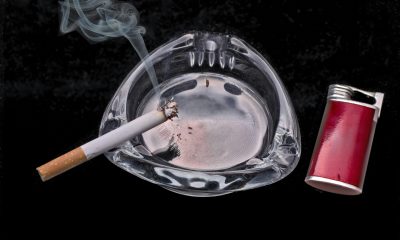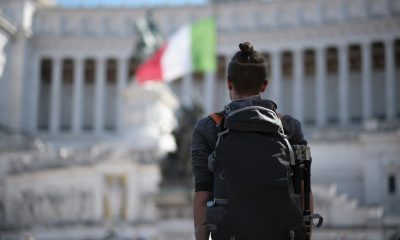The poll will test the popularity of Vučić, a frontrunner in the race, as well as his center-right Serbian Progressive Party, economic reforms and a bid to bring the country closer to the EU.
“Serbia is on the European path and that is our strategic goal. We want our society to be modeled after most developed Western European countries,” Vučić said at the weekend.
But, he said he would work hard as president to maintain good relations with fellow Christian Orthodox Russia as well.
Powers in Serbia are strictly divided between the president and prime minister. Under the constitution the president signs bills into law, commands the military, presides over the national security council and represents the country abroad, but economic and foreign policy is in the hands of the prime minister.
Serbia, which in the 1990s was seen as the pariah of the Western Balkans for its central role in wars that followed the collapse of Yugoslavia, expects to complete negotiations on EU membership by 2019.
Many Serbs remain skeptical about joining the bloc and view Western European countries as outspoken advocates of the 1999 NATO bombing to halt the killing and expulsion of ethnic Albanians in the former province of Kosovo, in which thousands of civilians had been killed.
“We have to show ordinary people what are we doing together (with the EU),” Vučić once a firebrand nationalist, said. “We have to show concrete roads and concrete projects.”
The West sees integration of Western Balkan countries as a way to stabilise a region recovering from a decade of wars and economic turmoil.
Russia opposes the integration of Western Balkan countries, including Serbia, into NATO and the EU and is trying to extend its influence in the region.
On Monday, Vučić traveled to Moscow to meet President Vladimir Putin for talks on trade and military cooperation.
Last year, Russia donated six MIG-29 fighter jets, and Vučić said he now plans to negotiate a purchase of surface-to-air missiles with Putin.
“We are also discussing economic cooperation with Russia, we would like to attract more investors,” Vučić said, adding that investors could profit on trade deals with EU member states.
Vučić said his country is also looking to build economic cooperation with China. He said he expected a Chinese private company to start flights between Beijing and Belgrade.
































